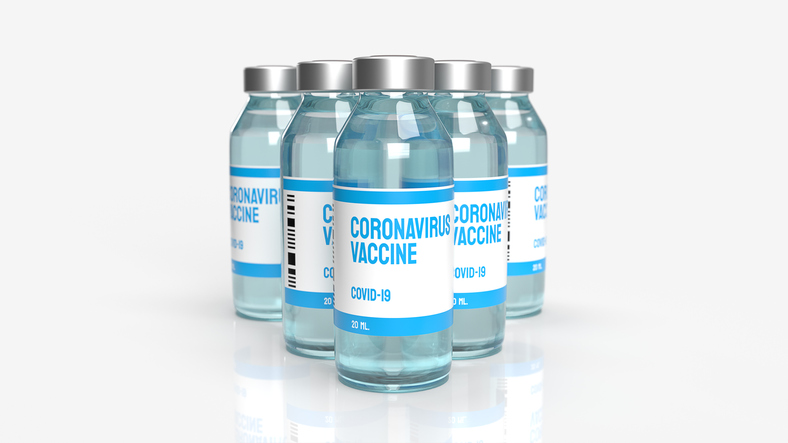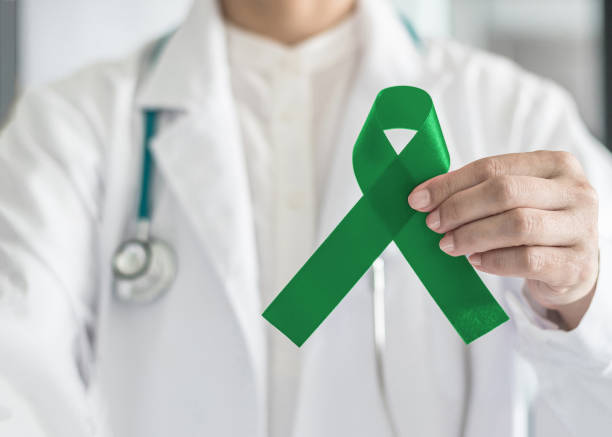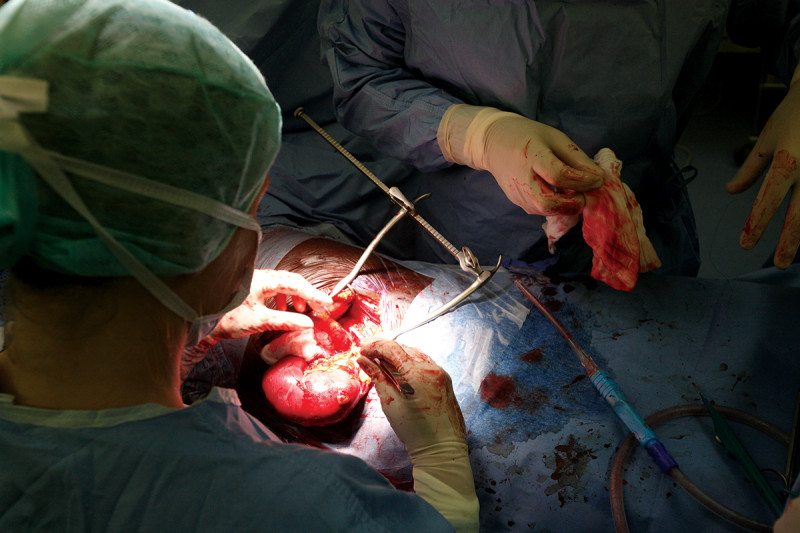“In a 20-0 vote, with 1 abstention, a panel of advisers to the Food and Drug Administration recommended that the COVID-19 vaccine being developed by Moderna be authorized for emergency use in adults during the pandemic.
The vote in favor of the vaccine was taken to answer the agency’s question: Do the benefits of the Moderna vaccine outweigh its risks for use in people 18 years of age and older.
The agency typically follows the advice of its expert advisers.
A quick FDA decision is expected given the state of the pandemic, of 94% effectiveness of the Moderna vaccine in preventing COVID-19 and a determination by the FDA that there are no specific safety concerns that would stand in the way. The FDA authorized the Pfizer-BioNTech COVID-19 vaccine last Friday, a day after the same panel voted in favor of it.”
Read the full article, here.








